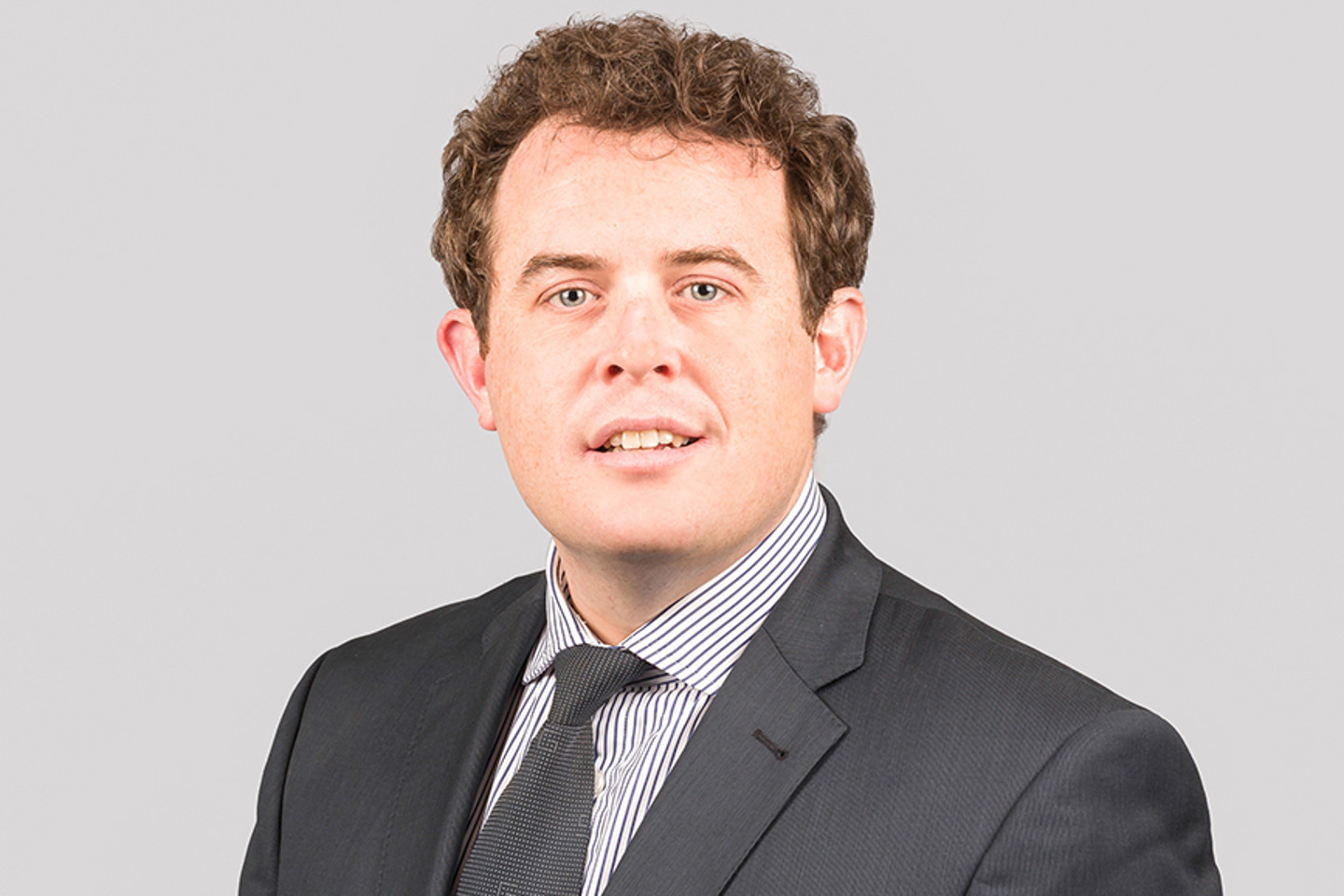
James Angus
Partner | Legal
Jersey

James Angus
Partner
Jersey
No Content Set
Exception:
Website.Models.ViewModels.Components.General.Banners.BannerComponentVm
Much as every trustee yearns for harmony and familial good will, sadly the modern reality of trusteeship can be very different. With the ever increasing rise in high and ultra-high net worth structures, often in a dynastic setting, the potential for disharmony, or downright hostility, among beneficiaries is on the rise. What is more, very often a situation can go from apparent harmony to all-out war in only a short time. Whether due to a divorce or other litigation, or simply to the frailty of the human character, when beneficiaries are at war the critical thing for a trustee is not to find themselves in no-man's land.
Often, the beneficial class may be polarised, or split into "sides". These sides, whether a single person or a number of individuals, can be very difficult to deal with. Their judgment may be skewed by the pressures and upset of the dispute, they may have ulterior motives in their dealings with the trustee, they may come to view the trustee as something beyond the usual fiduciary role: as confidante, umpire or even opponent.
Every situation will of course have its nuances and particular difficulties, but there are some practical steps which can be taken to keep the trustee sailing a straight course through choppy waters.
The most important thing, which will be familiar to everyone reading, is to stay impartial. It can be challenging to do this scrupulously, to say the least, especially when the telephone calls and emails from each "side" come thick and fast, and the dispute is all anyone wants to talk about. Beneficiaries, particularly stressed or anxious beneficiaries, very often see their trustee as a judge or umpire, and will want to get them on their side. Comments may be made, or leading questions asked, about other beneficiaries' conduct. The trustee may privately have a view on whose position is the more meritorious, particularly where the actions of one beneficiary may be vexatious or inappropriate. The critical point is that the trustee's views are not expressed. The trustee should stress that the dispute is between beneficiaries, and should be resolved among them: a straightforward "I understand your frustrations, I really do, but I really cannot express a view" is likely to be the best approach. Staying impartial in this sense does not of course mean that the trustee cannot, in the proper exercise of its powers and discretions, make a decision at a later stage that does favour one beneficiary over the other, but that decision must manifestly be reached on an impartial basis.
For that reason, when dealing with warring beneficiaries, always be particularly attentive to note taking, and checking and filing those notes. The record should always evidence the expressed impartiality of the trustee. We have seen situations in which this has been critical where, subsequently, allegations of partiality have been levelled at a professional trustee.
Once a professional trustee is on notice of a dispute between its beneficiaries, it may be (and very often is) appropriate for the trustee to allocate a particular point of contact to each "side". These should be senior practitioners (director level, if available), potentially with a team, depending on the size and complexity of the trust in question and the underlying dispute. This can diffuse the strain and potential risks of a single point of contact having to deal directly with both "factions" within the beneficial class. It is likely that a beneficiary will appreciate an individual point of contact, especially if it is explained to them that the approach is to ensure that they have appropriate contact with their trustee in a discrete and impartial way.
The nomination of individual points of contact is there to enhance the sensitivity and impartiality of the approach: each point of contact should emphasise that they are a conduit for effective communication, being careful to ensure they cannot be perceived as being on a particular beneficiary's "side". There should of course be frequent and detailed communication between the points of contact, so the trustee as a whole is apprised of the direction of travel in its administration of the trust. Where there is a minor beneficiary involved in the middle of the dispute, it may also be advisable to have a dedicated point of contact for that minor through their guardian(s). Naturally, particular care and discretion should be exercised in relation to discussions with a non-beneficiary guardian, particularly concerning the dispute between the other beneficiaries.
It may be that legal proceedings are instigated by beneficiaries against one another. Where this happens, additional caution needs to be exercised. The trustee may, deliberately or inadvertently, be provided with privileged information by a beneficiary pertaining to that beneficiary's position in legal proceedings. Extra-special care needs to be taken in those circumstances to ensure that this cannot make its way to any other beneficiaries. If it does, a negligence or breach of trust suit could be brought against the trustee by the relevant beneficiary. The nominated points of contact regime is of particular assistance where there is exchange of sensitive legal material with the trustee. However, where it is likely that significant material is likely to be received, a segregated internal document filing treatment may be appropriate. The trustee is best advised to seek legal advice swiftly if it begins to receive legal documents in relation to a beneficiary dispute. It may also be helpful to have a discussion with the respective beneficiaries and their legal advisers about legal privilege at that point so that there can be no misunderstanding about whether information provided to the trustee retains its privileged nature or could be accessed by the "other side" through the trustee.
Finally, the issue of funding often rears its head. A beneficiary may request that the trustee funds their position in litigation with another beneficiary out of the trust fund. There is, of course, no policy of general application in such a scenario. It may sometimes be manifestly in the interests of a particular beneficiary to fund, or quite the opposite. Where a minor is involved, it may be appropriate to ensure they have access to dedicated legal counsel to protect their interests. It may even be appropriate to fund all parties, in an effort to bring the dispute to as speedy a resolution as possible in the interests of the whole class. The crucial point is that the trustees must act in the interests of the beneficiaries and appropriate legal advice should be taken as soon as such a request is received. Depending on the situation, an application for directions or a blessing application to the Royal Court may be appropriate, and the best protection for a trustee who is minded to fund, or not to fund.

James Angus
Partner | Legal
Jersey

James Angus
Partner
Jersey

Nick Williams
Partner | Legal
Jersey

Nick Williams
Partner
Jersey
Ogier is a professional services firm with the knowledge and expertise to handle the most demanding and complex transactions and provide expert, efficient and cost-effective services to all our clients. We regularly win awards for the quality of our client service, our work and our people.
This client briefing has been prepared for clients and professional associates of Ogier. The information and expressions of opinion which it contains are not intended to be a comprehensive study or to provide legal advice and should not be treated as a substitute for specific advice concerning individual situations.
Regulatory information can be found under Legal Notice
Sign up to receive updates and newsletters from us.
Sign up
No Content Set
Exception:
Website.Models.ViewModels.Blocks.SiteBlocks.CookiePolicySiteBlockVm